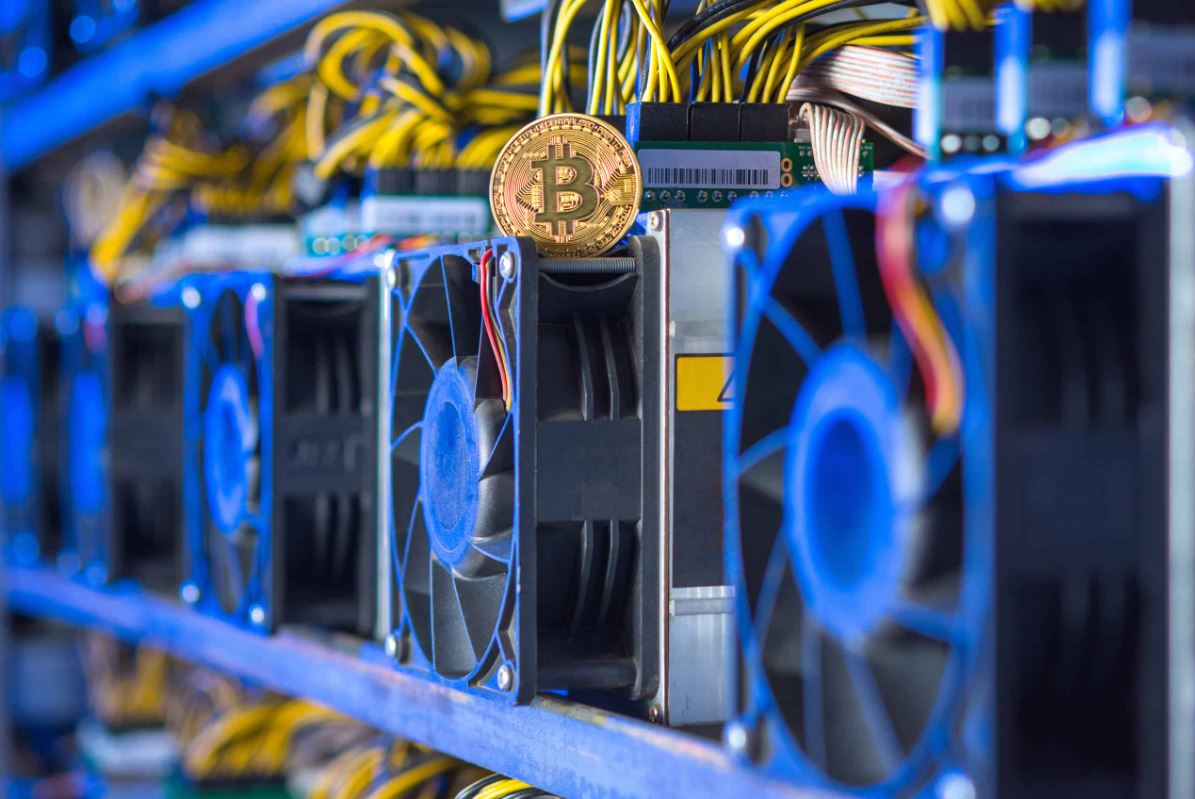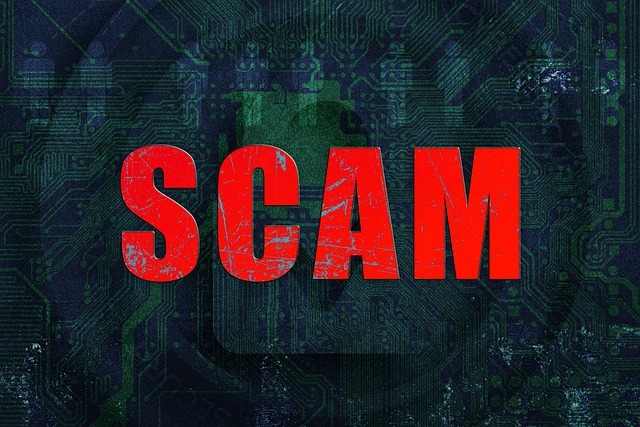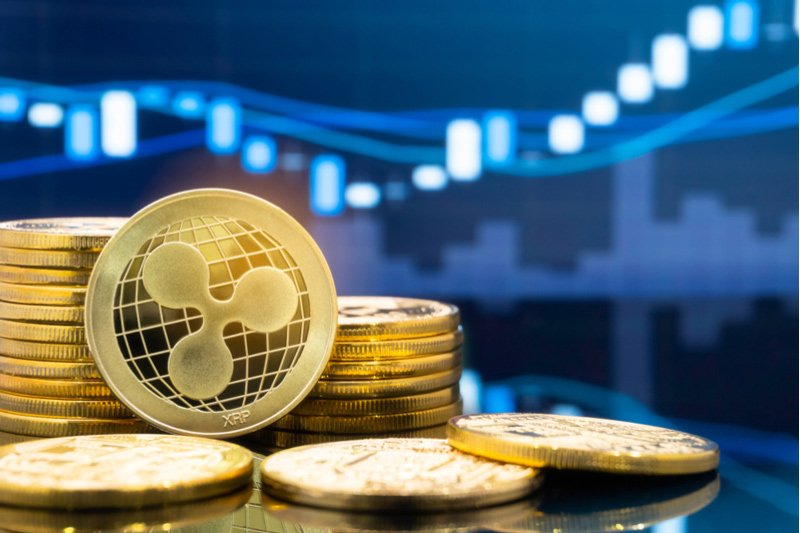At the height of BTC’s widely celebrated adoption in El Salvador, Brazil is set to follow the country and become the second nation in the world to put Bitcoins on its balance sheets.
This was recently announced by Brazilian Federal Representative Aureo Ribeiro, who said that the process of adopting BTC had only one last obstacle ahead of it, with similar approval of the majority plenary before a new law was passed. Sparing with optimism, Riberto said:
“We want to separate wheat from chaff, create regulations so you can know where you trade, and know who you’re dealing with. With new developments in the BTC market, Brazilians could soon use it to buy a house, a car and they will be able to go to McDonald’s to buy a hamburger “
With the growing rate of adoptions also comes regulation
However, unlike El Salvador, Brazil is trying to take regulation really consistently before adopting BTC. The memory of the crypto scam in Rio de Janeiro, which deprived more than 250,000 Brazilians of their hard-earned money, forced lawmakers to work to introduce all the necessary laws to discourage any form of fraud.
Convicted fraudsters with cryptocurrencies now face imprisonment from four to sixteen years of age, as well as more than 65% of the shares they hold.
The Kingdom of Tonga is also ready to board the BTC train
As recent reports have shown, Brazil is not the only nation to experience the economic optimism that the adoption of BTC can bring. The far Polynesian island of Tonga is also to grant BTC legal tender status (in addition to its currency Pa’ang).
As an economy heavily dependent on repatriated funds, the growing reasons for legalizing BTC include the exorbitant fees charged by global payment giant Western Union for money transfers. Lord Fusitu’a, a prominent Tongan advocate of cryptocurrencies, would like to obtain parliamentary approval by mid-2022.
While Salvador and Tonga are working to improve their GDP and attract new investment in the first place, Brazil has decided to take a more cautious approach and introduce bulletproof regulations to ensure that when the country opens cryptocurrency adoption by law, it will be prepared to deal with possible cryptocurrency. All these countries will now have to deal with a number of global financial fiat regulators, such as the IMF and the World Bank, which are constantly trying to link the crypto to terrorist financing, money laundering and other fraudulent activities.
Conclusion
Although the IMF recently proposed CBDC-backed support for the growing adoption of cryptocurrencies as a solution, recent data show that Brazilians are quite clear and almost 50% of the population have already expressed their support for BTC.
5 promising NFT games for 2022
- Michaël van de Poppe: Bitcoin to Hit $500,000 This Cycle? 🚀💸 Or Just Another Crypto Fairy Tale? - December 21, 2024
- What is the Meme Coin Bonk, Price Predictions 2025–2030, and Why Invest in BONK? - December 18, 2024
- BNB Price Analysis: 17/12/2024 – To the Moon or Stuck on a Layover? - December 17, 2024



![The strategic approach to AI in the enterprise 6 Top 10 Leading Countries in AI Research and Technology [current_date format=Y]](https://cryptheory.org/wp-content/uploads/2023/08/ai-strategie.jpg)



















